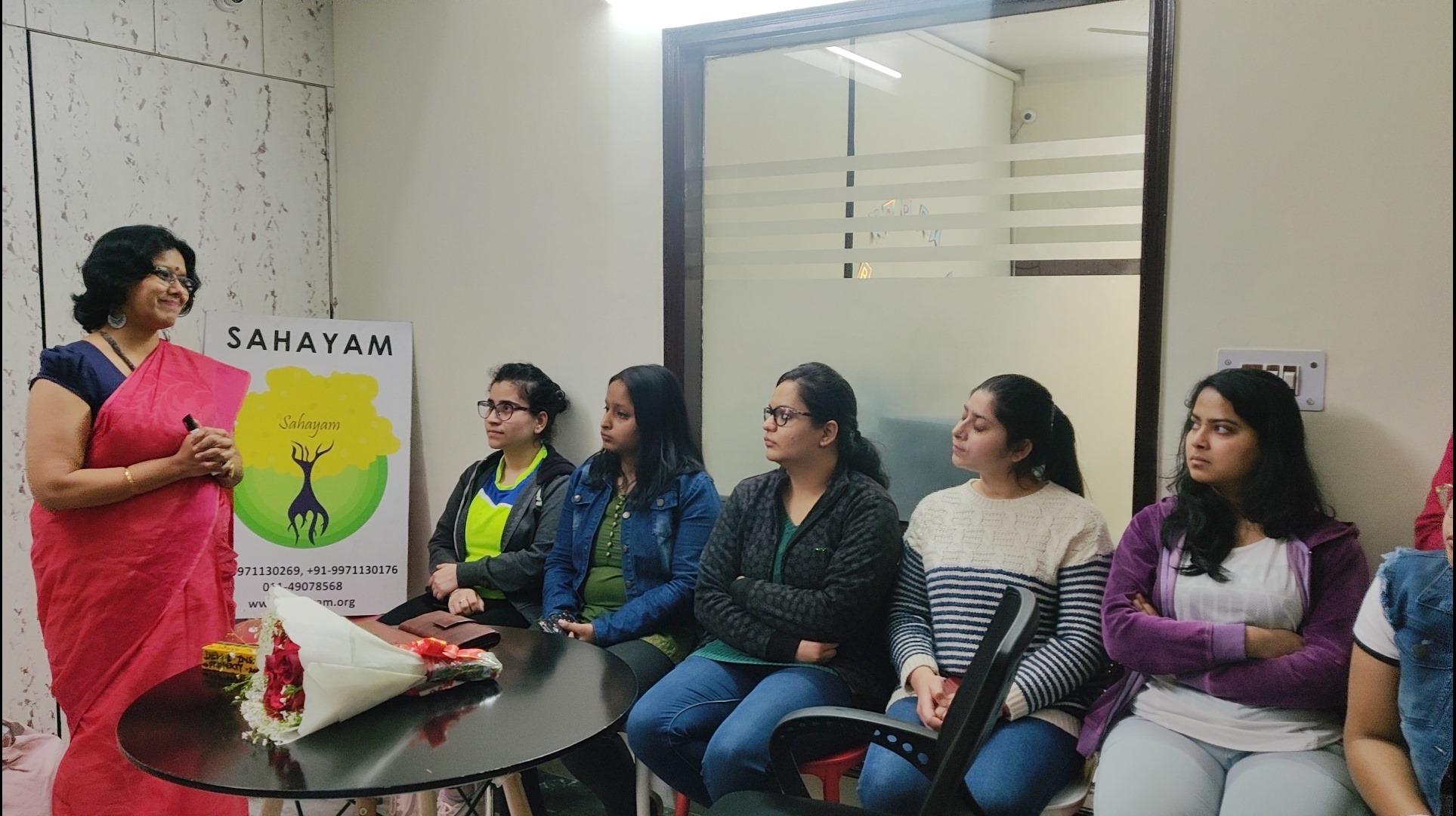Understanding Relationships

Adolescence is the period of building relationships. While some may bloom into serious relationships and also lead to marriage, many sadly end in breakups. The one who is discarded in the relationship experiences anger, hurt, and grief. These feelings, their intensity, their depth depend upon the depth of the relationship he or she was in. While some bounce back easily, some take time, and a few simply allow this breakup to destroy them.
Why is it that when one of the partners in the relationship is able to move on, the other is stuck where they left off, is something which has always bothered me.
While a breakup of a relationship may bring insecurities of different kinds, what it actually slams on the face of the partner who is let off the relationship is REJECTION. I recall two friends of mine who were in a very committed relationship for more than five years. In the sixth year, the boy who had by then moved abroad conveyed very clearly that although he had nothing against her, he just had to end the relationship and move on. He gave no room for any discussion or deliberation. He did move on, and I helplessly watched my friend shatter. She was just not able to accept the fact that he had moved on. Years passed; she too married, bore children, and lived committed to her loving husband. But the breakup had a huge impact on her mindset and her personality. She absorbed the fact that she was rejected by her boyfriend, and this belief just sunk deep into her and was there to stay. Her feeling of rejection simply began to manifest in her life in various forms – rejection from in-laws; unsuccessful in securing jobs; unsuccessful in making and maintaining friendships; losing touch with near and dear ones… Rejection seemed to have stuck to her life forever.
When youngsters get into a relationship, the “attraction,” as we generally term it, in reality gives both the good feeling of being accepted as a whole; the relationship gives both the satisfaction of being nurtured and fulfills the need to nurture the other. The relationship enables them to experience a sense of belonging and also provides them the opportunity to belong to the “other”. The relationship makes them feel “whole”. These factors contribute significantly towards the emotional maturity of both individuals. But it is also essential that the emotional maturity helps them to handle rejection objectively. In the above-mentioned case, the breakup may not have been related to “rejection” at all. It could have simply been a change in perception/change in one’s likes. If my friend had matured emotionally, she would have been able to perceive this, and this matured perception would have helped her to accept the relationship as it ended and moved on. She would not have experienced victimization.
It is essential that we help individuals experiencing a breakup to reflect and accept the dissolving of the relationship and not wrap the cloak of rejection around them. Experiencing hurt/grief; loss of a companion should not be translated as one’s inadequacy to nurture the relationship.

Mahalakshmi Rajagopal
Mahalakshmi Rajagopal, Holistic Wellness Practitioner, Counsellor and Healer, Trainer, Certified Social Auditor and Certified POSH Trainer, is a seasoned interventionist, offering counseling, therapy, life coaching as well as healing based on the client's need. She offers both face to face as well as online sessions.
Related Blogs
No related blogs available.
